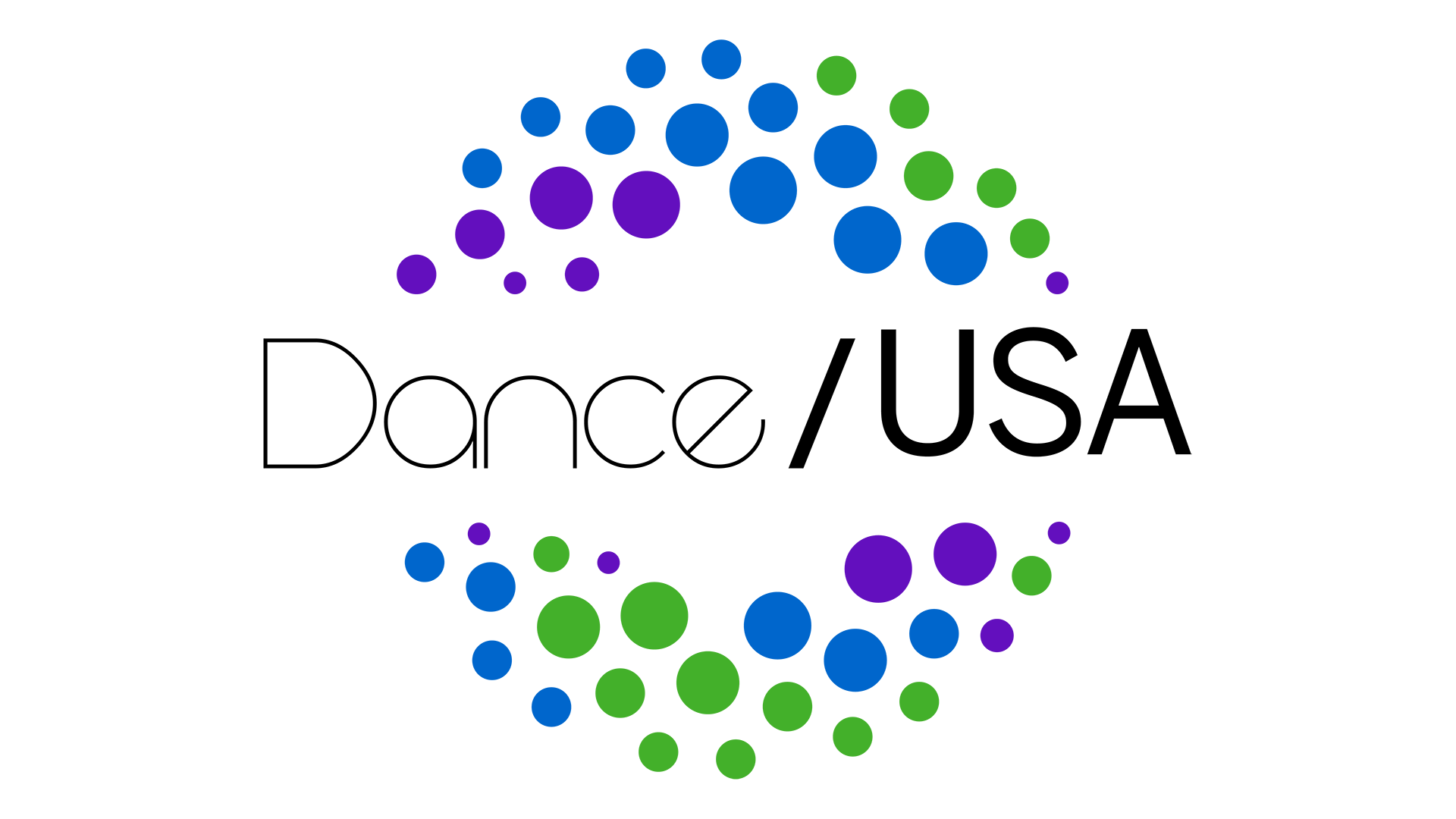Program Notes: Are We Editing Out Our Dance Legacy and Missing a Means To Engage Audiences?
By Andrea Snyder
I have attended hundreds of dance performances over the course of my career, and I have appreciated the artistry and creative expression of many. But, I have one question that I hope someone will answer.
Why is it that, often, when I read choreographers’ biographies in performance program notes, I can’t find any information about their artistic evolution: who they studied or danced with, who was their mentor, or who inspired them to become a dance maker? I miss learning about dance artists’ choreographic development. Sometimes, when reading program bios, it appears as if a choreographer’s craft and skill were fully formed from birth … that there was neither training nor mentoring. I miss learning about dance artists’ choreographic development. Sometimes, when reading program bios, it appears as if a choreographer’s craft and skill were fully formed from birth … that there was neither training nor mentoring.
The dance field struggles to be relevant to audiences. We continue to hear much discussion about the fleeting evanescence of the art form and the difficulty of preserving its past. That is definitely not the case in the other performing arts: Music and theater, for example, have long had scores and scripts to preserve their works. Perhaps, because of the long-held cultural and aesthetic appreciation for music and theater history, it goes without saying that composers, playwrights, mentors, and teachers have been and still are acknowledged by their successors. How significant for the history of the field of dance, for dance students, young professional dancers and choreographers, and for audience appreciation of that history it would be if every choreographer shared more details about her or his artistic development: where did he train, with whom did she dance, at what point did composition study play a role in her craft?
Taking this issue one step further, it’s unfortunate that program notes often do not include the specific name of the piece of music to which the dance has been choreographed. The composer is usually noted, but not necessarily the composition’s name, nor the names of the artists or orchestra that performed it. What a lost opportunity to drive home to audiences the range and depth of musical choices choreographers make and the power of more deeply identifying music with dance.
I think choreographers do themselves — and the field — a disservice by not providing as many details as is possible. When our own field, our dance artists, begin to fully acknowledge their predecessors and their musical partners, I am certain that future dance professionals and current and future audiences will become more informed and engaged as they begin to understand more completely the artistic links to dance’s legacy and that creative and cultural importance.
Andrea Snyder, co-director of American Dance Abroad, is also a management and leadership strategist specializing in executive coaching for the arts. Andrea served as Dance/USA’s president and executive director from January 2000 to June 2011. She created and directed the National Initiative to Preserve America’s Dance (NIPAD) grant program for The Pew Charitable Trusts from 1993 to 2000; was assistant director of the NEA Dance Program between 1987 to 1993; booking agent for Sheldon Soffer Management; executive director of Laura Dean Dancers and Musicians; administrator of the NYU Tisch School of the Arts Dance Department; associate administrator for the Cunningham Dance Foundation; and assistant to the Director of the Dance Notation Bureau. She chaired the Performing Arts Alliance board and was a member of the Dance Magazine inaugural Board of Advisors. Since 1995, she moderated The Kennedy Center’s contemporary dance post-performance discussions. Her life/career in dance is profiled in Renata Celichowska’s recent book, Seven Statements of Survival. An alumna of the James P. Shannon Leadership Institute and recipient of the 2001 Congress on Research in Dance Award, Andrea became a Certified Professional Co-Active Coach in April 2010.
____
We accept submissions on topics relevant to the field: advocacy, artistic issues, arts policy, community building, development, employment, engagement, touring, and other topics that deal with the business of dance. We cannot publish criticism, single-company season announcements, and single-company or single artist profiles. Additionally, we welcome feedback on articles. If you have a topic that you would like to see addressed or feedback, please contact communications@danceusa.org.
Disclaimer: Opinions expressed in guest posts do not necessarily represent the viewpoints of Dance/USA.


